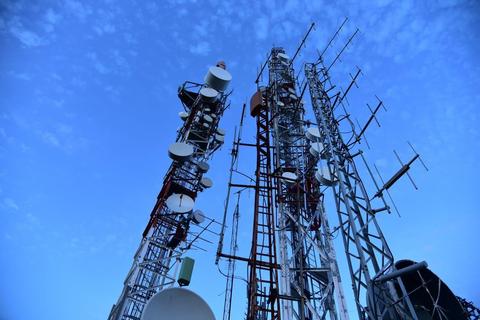The blockchain is a distributed ledger that allows reliable exchanges through the internet, without reliance on an independent authority. A shared record is distributed using a consensus to every participant in a network, validating transactions and removing the requirement for third-party integrations. This means that the blockchain can create secure digital transactions complete with proof of ownership.
If you've heard of blockchain before, it's likely that your knowledge comes from an insight into its role within the management of cryptocurrency and Bitcoin. However, over the last year or so, the applications of the blockchain have been expanding, and today, it may even have a role to play in our telecommunications.
How Telecommunications Can Benefit from The Blockchain
Today's telecommunication operators are facing greater competition and increasing challenges within the marketplace. That means that everyone needs to find a new way of minimising costs, and enhancing revenue if they want to succeed. When it comes to performance, the blockchain has a lot to offer, including better trust and transparency. The distributed nature of the blockchain means that there are no single points of failure, no worries about hacking attacks, and no stress caused by control from a single entity.
Additionally, the blockchain's distributed position means that there's no need for expensive infrastructure or third-party intermediaries. The speed of exchanges between people is increased, and the system is more secure too because cryptography and digital signatures are accessed to prove identities. Because every block is linked to another block, it's almost impossible to change records or alter the history of the chain.
Source: Comms Trader (View full article)
Posted by Dan Corcoran on December 5, 2017 07:33 AM



Post a comment